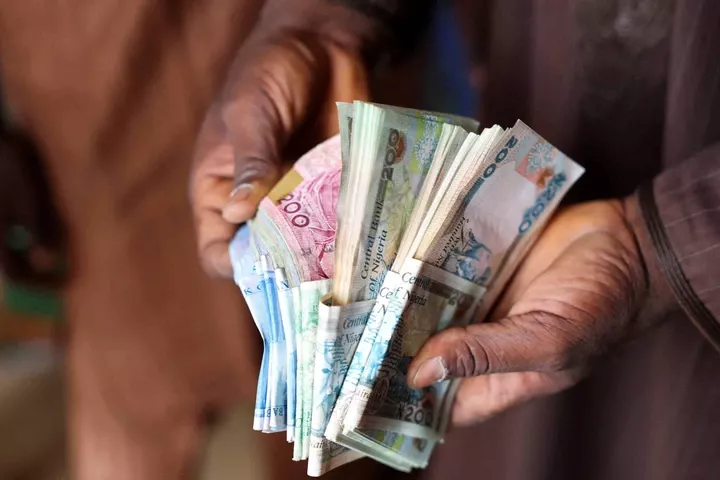
Torizone reports that the Nigerian Economic Summit Group (NESG) has shared an optimistic outlook for Nigeria's economy in 2025. According to its forecast, the naira could average ₦1,300 to the US dollar, supported by increased oil earnings, growth in agriculture, and stronger manufacturing outputs.
The NESG projects that the naira will appreciate to an average of ₦1,300 to the US dollar by 2025, provided Nigeria implements effective stabilization reforms. This forecast is based on the key drivers:
Increased Crude Oil Revenue: With crude oil remaining Nigeria's primary export, improved global demand and higher local production could significantly boost forex inflows.
Manufacturing Revival: The oil refining sub-sector is expected to contribute positively, revitalizing industrial activity.
Stronger Agricultural Productivity: Improved access to farmlands and better security could enhance food production and reduce reliance on imports.
These factors could strengthen the naira and narrow the gap between official and parallel exchange rates.
Real GDP Growth Predicted to Hit 5.5%
The NESG predicts that Nigeria's real GDP could grow by 5.5% in 2025, a significant leap compared to recent years. This growth hinges on comprehensive reforms to address challenges across sectors.
Cross-Sectoral Reforms: The government's focus on stabilizing critical sectors like agriculture, manufacturing, and trade will be key.
Broad-Based Growth: Unlike 2024, where only 4 of 20 sectors recorded over 5% growth, 2025 promises more balanced development.
These reforms could pave the way for sustainable economic recovery, improving living standards for millions of Nigerians.
Inflation to Drop Significantly
Inflation is projected to decline to 24.7% in 2025, reflecting better economic management and increased food production. Factors contributing to this reduction include:
Better Policy Coordination: A balance between fiscal and monetary policies will stabilize the economy.
Improved Forex Supply: Reforms in the foreign exchange market will reduce speculative demand and stabilize prices.
Agricultural Expansion: Increased food production, driven by enhanced security in farming regions, will address scarcity and ease price pressures.
According to NESG, stabilizing food prices will be essential, as they remain a key driver of inflation in Nigeria.
CBN's 2024 Achievements Lay the Foundation for 2025
Central Bank Governor Olayemi Cardoso highlighted several achievements in 2024, which set the stage for a stronger economy in 2025:
Clearing $7 Billion in Forex Commitments: This move restored confidence in Nigeria's foreign exchange market.
Unified Exchange Rate System: Consolidating multiple exchange rate windows improved market transparency.
Introduction of Forex Matching Systems: The electronic forex matching system enhanced efficiency and reduced gaps between official and parallel market rates.
Non-Resident BVN Initiative: This allowed Nigerians living abroad to access banking services easily, improving diaspora engagement.
These steps boosted investor confidence, with over $6 billion in foreign capital inflows recorded in 2024 and external reserves exceeding $40 billion.
Latest Dollar to Naira Exchange Rate ( 25th January 2025)
| Dollar to Naira (USD to NGN) | Black Market Exchange Rate Today |
| Buying Rate of $1 | ₦1,650 |
| Selling Rate of $1 | ₦1,660 |
Challenges of 2024 and Lessons Learned
Cardoso acknowledged the hurdles faced in 2024, including declining forex reserves, lower oil prices, and reduced production. However, he emphasized how these challenges inspired innovative solutions.
"Rather than lament our difficulties, we explored new opportunities, and the results have been encouraging," he said.
Some of the key reforms introduced in 2024 include:
Policies to narrow the gap between the official and parallel exchange rates.
Granting licenses to 14 new international money transfer operators to improve forex inflows.
Prioritizing market-oriented policies to attract investments and boost economic activity.
As Nigeria enters 2025, the CBN is committed to deepening its reforms, focusing on these key areas:
Financial Inclusion: Ensuring more Nigerians have access to banking services.
Diaspora Engagement: Creating opportunities for Nigerians abroad to contribute to the economy.
Market Transparency: Enforcing compliance among market participants and maintaining best practices.
Cardoso highlighted the potential of a more competitive naira, saying it could attract foreign investors and encourage export activity, which would further support economic growth.
A Brighter Future for Nigeria's Economy
NESG's forecast paints a hopeful picture for Nigeria's economy in 2025. With the right policies, the country could experience:
A stronger naira.
Faster GDP growth.
Lower inflation rates.
Improved living standards.
As reforms continue, Nigeria is on track to build a more stable and prosperous economic future.

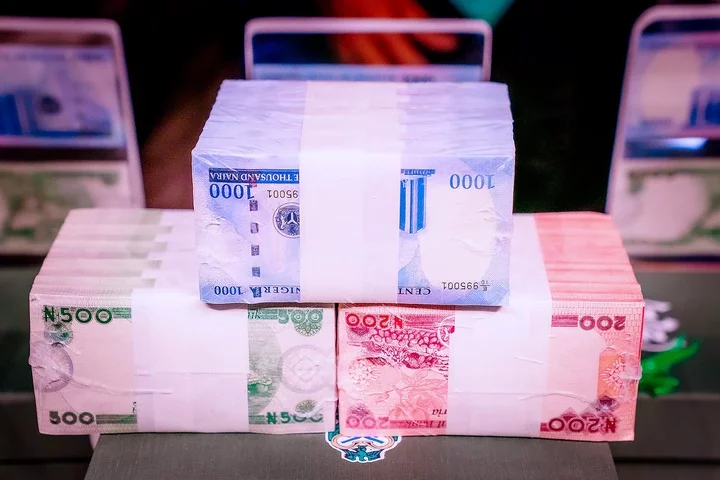
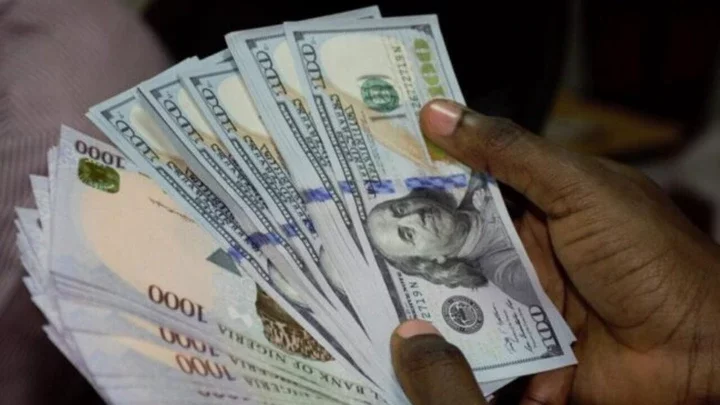
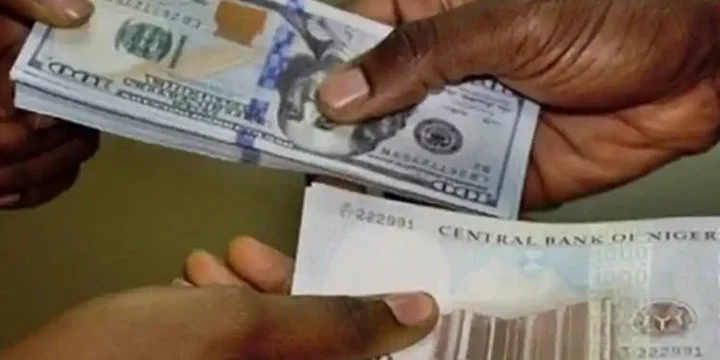
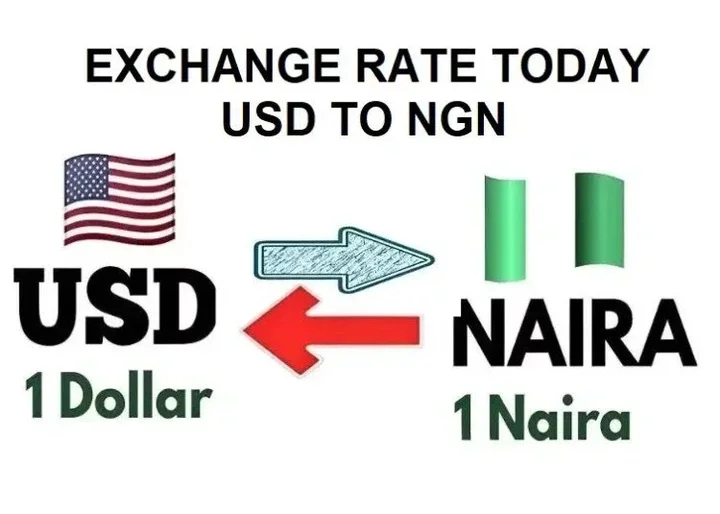
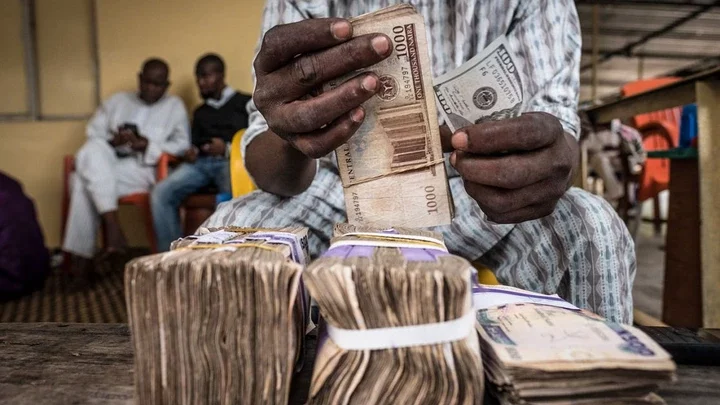
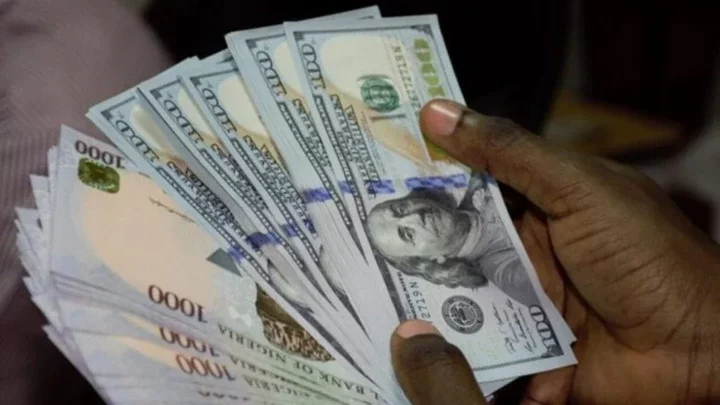









Comments